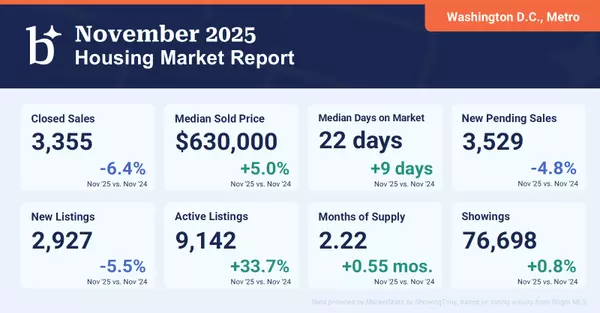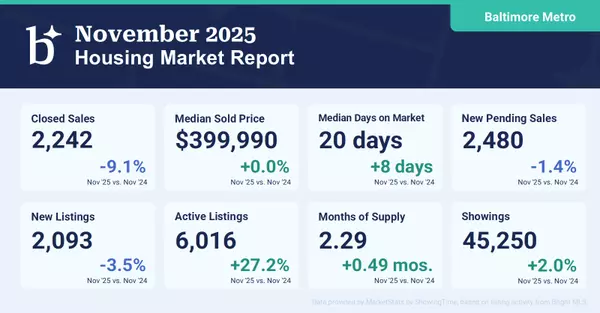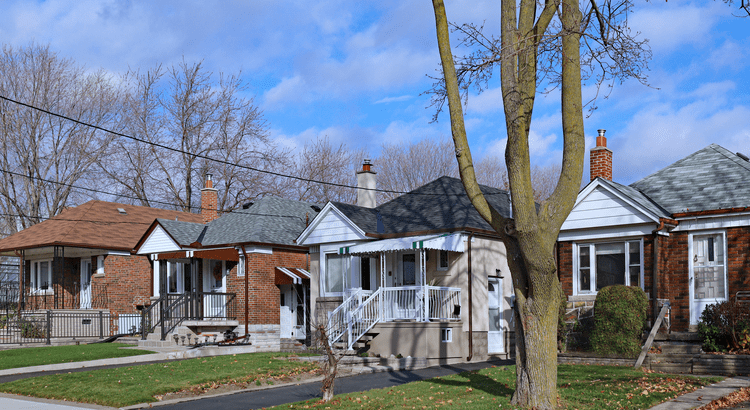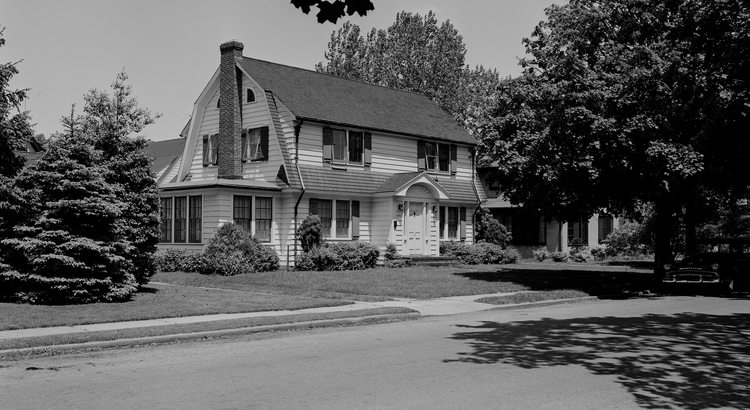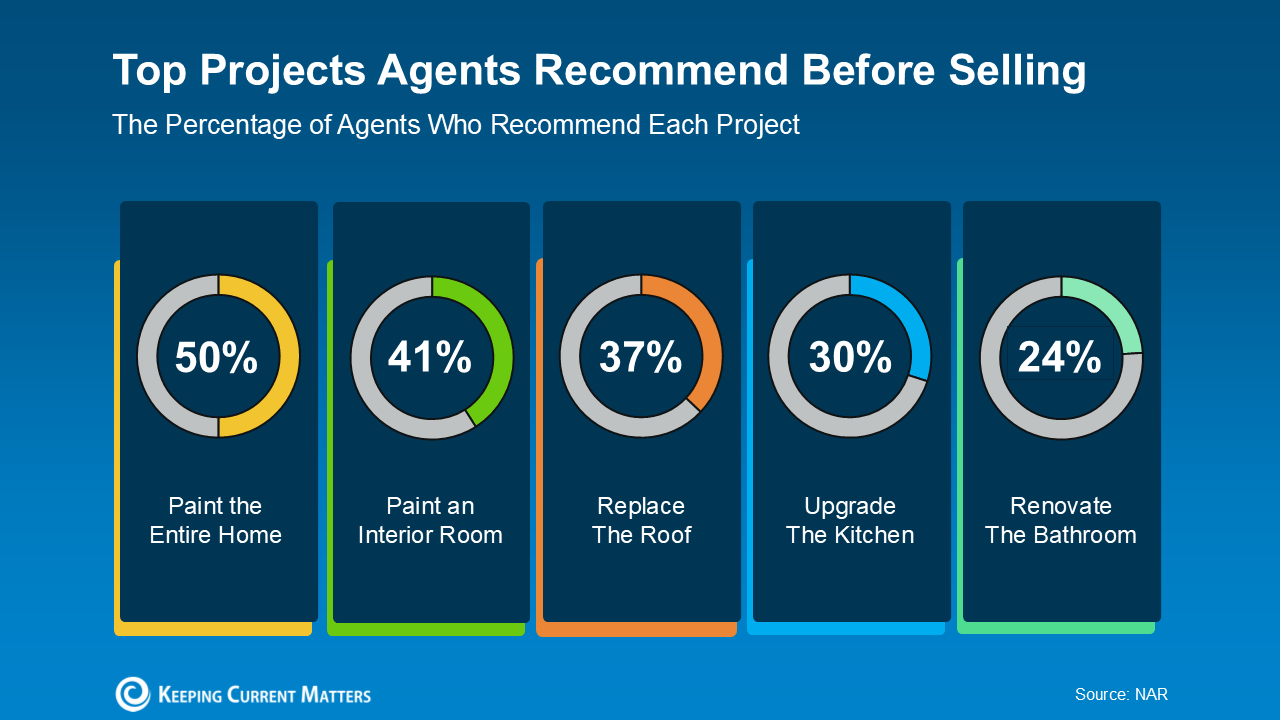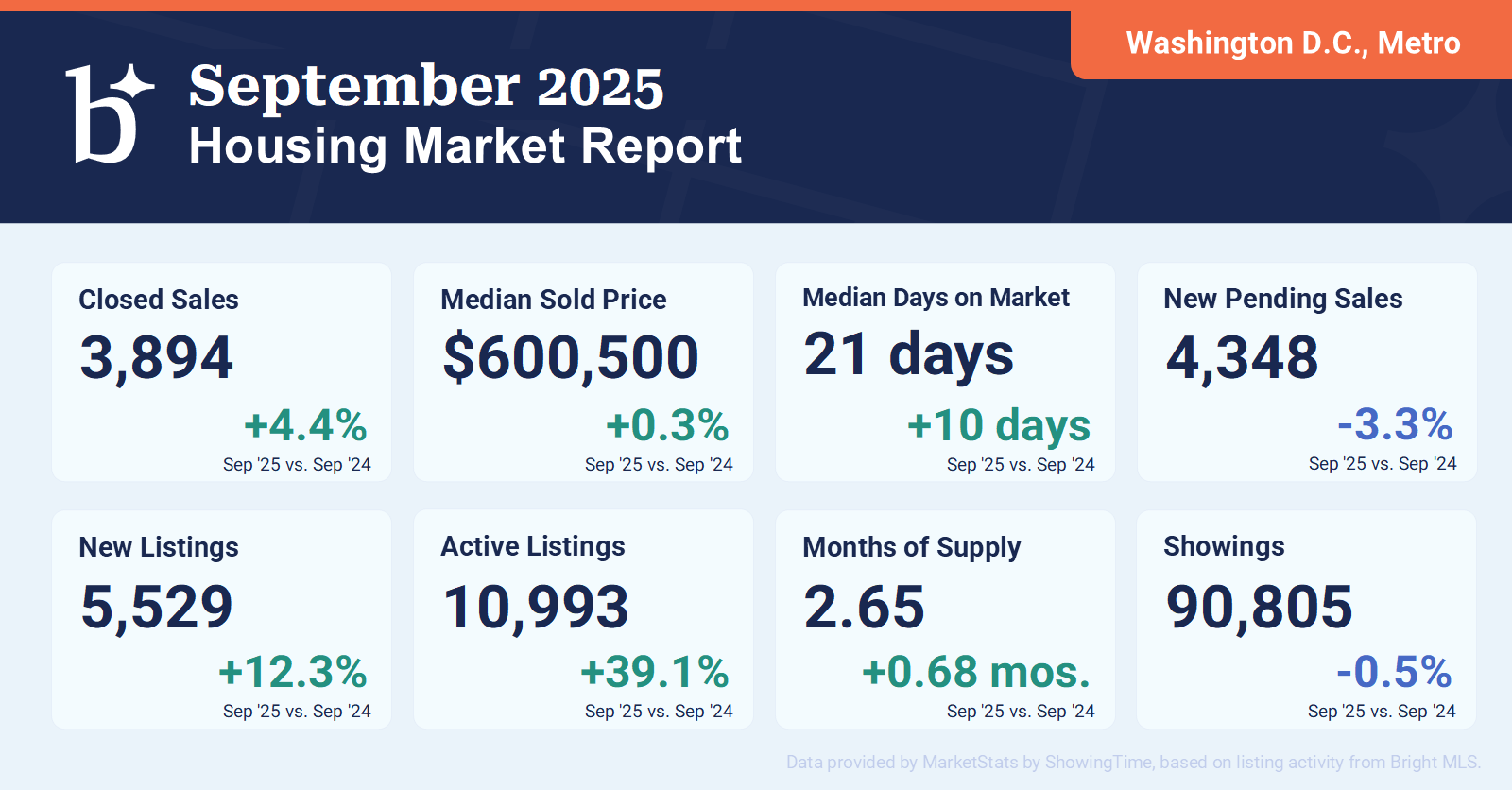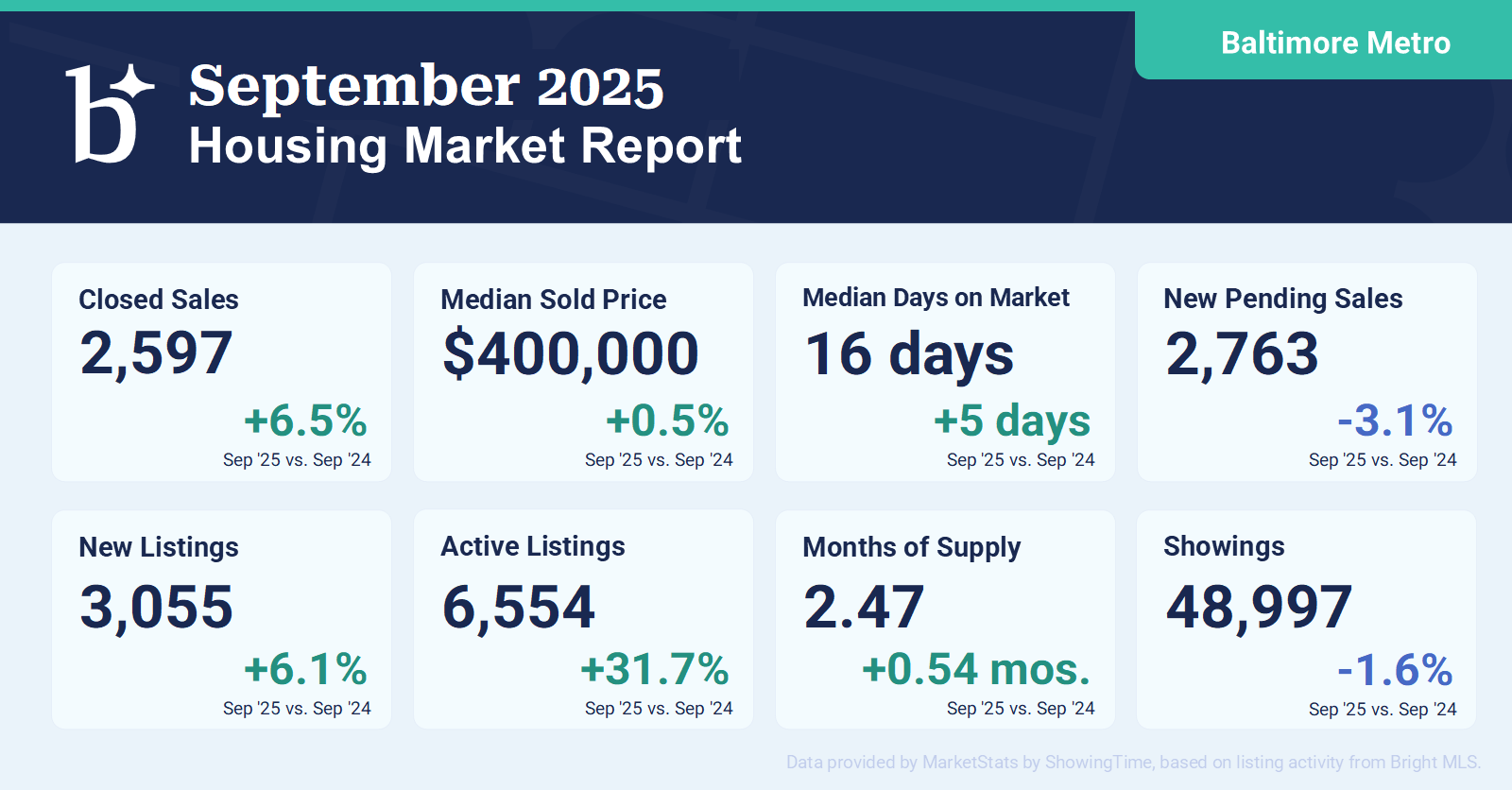Here’s What a Recession Could Mean for the Housing Market


Recession talk is all over the news, and the odds of a recession are rising this year. And that leaves people wondering what would happen to the housing market if we do go into a recession.
Let’s take a look at some historical data to show what’s happened in housing for each recession going all the way back to the 1980s.
A Recession Doesn’t Mean Home Prices Will Fall
Many people think that if a recession hits, home prices will fall like they did in 2008. But that was an exception, not the rule. It was the only time we saw such a steep drop in prices. And it hasn’t happened since.
In fact, according to data from CoreLogic, in four of the last six recessions, home prices actually went up (see graph below):
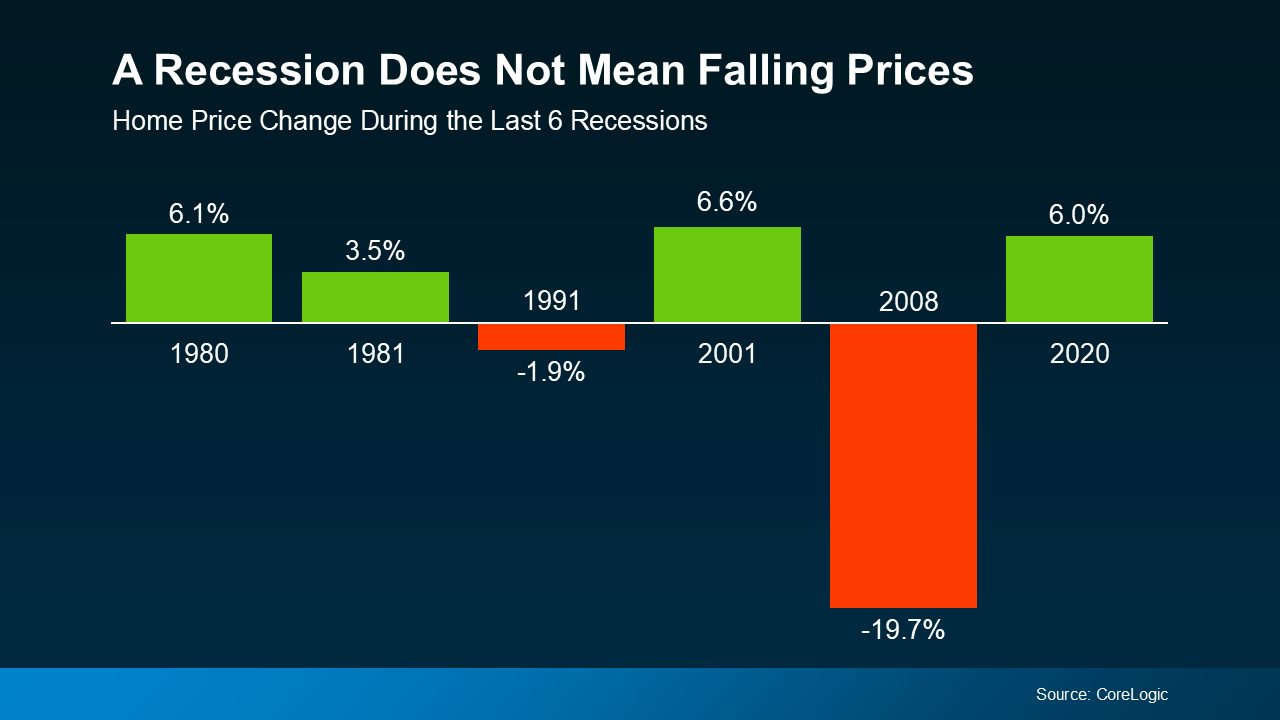
So, if you’re thinking about buying or selling a home, don’t assume a recession will lead to a crash in home prices. The data simply doesn’t support that idea. Instead, home prices usually follow whatever trajectory they’re already on. And right now, nationally, home prices are still rising at a more normal pace.
Mortgage Rates Typically Decline During Recessions
While home prices tend to stay on their current path, mortgage rates usually drop during economic slowdowns. Again, looking at data from the last six recessions, mortgage rates fell each time (see graph below):
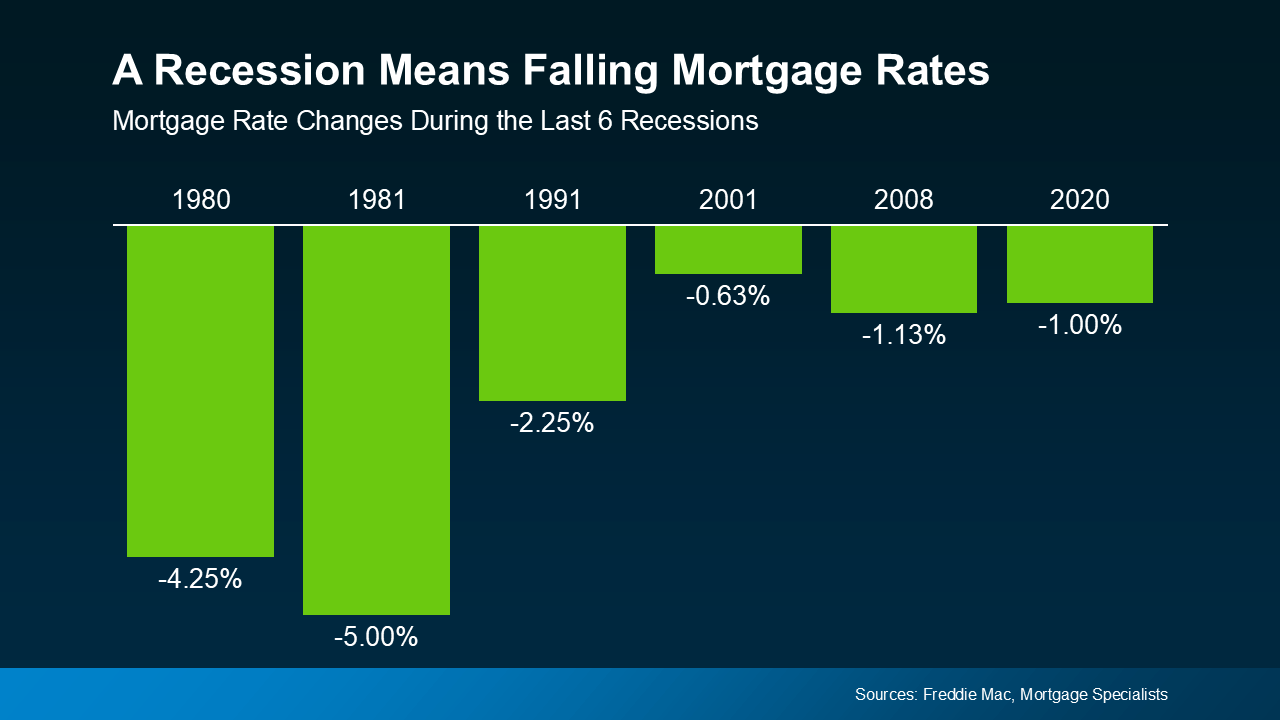
So, a recession means mortgage rates could decline based on the data. While that would help with affordability, don’t expect the return of a 3% rate.
Home Prices May Stabilize or Decline
One of the most significant effects of a recession is a potential slowdown in home price growth. During economic downturns, people tend to be more cautious with their spending, leading to reduced buyer demand. As a result, home prices may stabilize or even decline in certain markets, providing opportunities for buyers looking for more affordable options. However, the extent of any price drop depends on the severity of the recession and local market conditions.
Mortgage Rates Could Drop
Historically, the Federal Reserve often lowers interest rates to stimulate economic activity during a recession. Lower interest rates make borrowing more affordable, leading to lower mortgage rates for homebuyers. This can be a silver lining for those looking to purchase a home or refinance an existing mortgage, as lower rates translate into reduced monthly payments.
Inventory May Increase
During a recession, some homeowners may choose or be forced to sell their homes due to financial difficulties. This can lead to an increase in housing inventory, giving buyers more options to choose from. On the other hand, new home construction may slow down, as builders might pull back on projects due to economic uncertainty.
Tighter Lending Standards
While lower mortgage rates can make homebuying more affordable, lenders may become more cautious during a recession. Stricter lending standards, higher credit score requirements, and more thorough financial evaluations could make it harder for some buyers to qualify for a mortgage. Having a strong credit history and stable income will be crucial for those looking to secure financing.
A Buyer’s or Renter’s Market?
If home prices decline and inventory increases, the market may shift in favor of buyers, giving them more negotiating power. However, for those not looking to buy, renting could become more competitive. In some cases, economic uncertainty may push more people into renting rather than buying, potentially driving up demand for rental properties.
What Should You Do?
If you’re a buyer, a recession could present a great opportunity to purchase a home at a lower price and secure a favorable mortgage rate. Be sure to have your finances in order and work with a knowledgeable real estate professional.
If you’re a seller, pricing your home competitively and being prepared for longer selling times may be necessary. Working with an experienced real estate agent can help you navigate market conditions effectively.
If you’re an investor, a recession can create opportunities to acquire properties at discounted prices. Conduct thorough market research and focus on properties that can provide strong long-term value.
Final Thoughts
A recession impacts the housing market in different ways, but it doesn’t necessarily mean doom and gloom. Whether you’re looking to buy, sell, or invest, staying informed and working with professionals can help you make the best decisions based on market conditions. If you have questions about how to navigate real estate during uncertain times, feel free to reach out for expert guidance!
Book your appointment and let’s talk to take the next step in your real estate journey. Schedule a real estate consultation with one of our team members.
Categories
- All Blogs (113)
- Agent (105)
- Baltimore (99)
- Baltimore Real Estate (96)
- Buying (95)
- Closing Cost (12)
- Commercial Real Estate (94)
- D.C (96)
- Downsizing (89)
- Equity (109)
- First time homebuying (88)
- home buying tips (91)
- Home Selling (66)
- home selling tips (27)
- Homebuying (91)
- Investing (103)
- Lower Prices (104)
- Market Reports (84)
- Market Update (86)
- Maryland (102)
- Maryland Real Estate (102)
- mortgage (83)
- mortgage rates (85)
- purchasing a home (91)
- Real Estate (107)
- Real Estate Agent (107)
- Real Estate Report (81)
- Retirement (84)
- Selling (69)
- VA Loan (7)
- Veterans (9)
- Washington D.C (89)
Recent Posts
